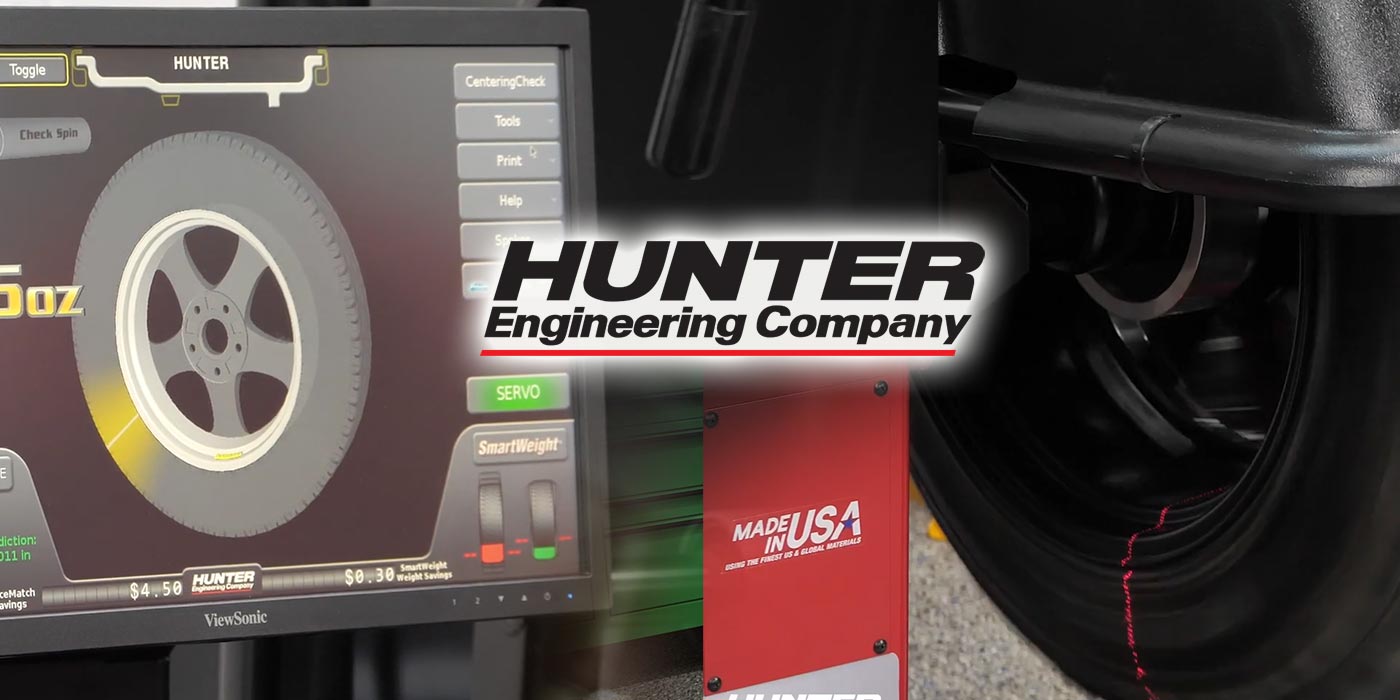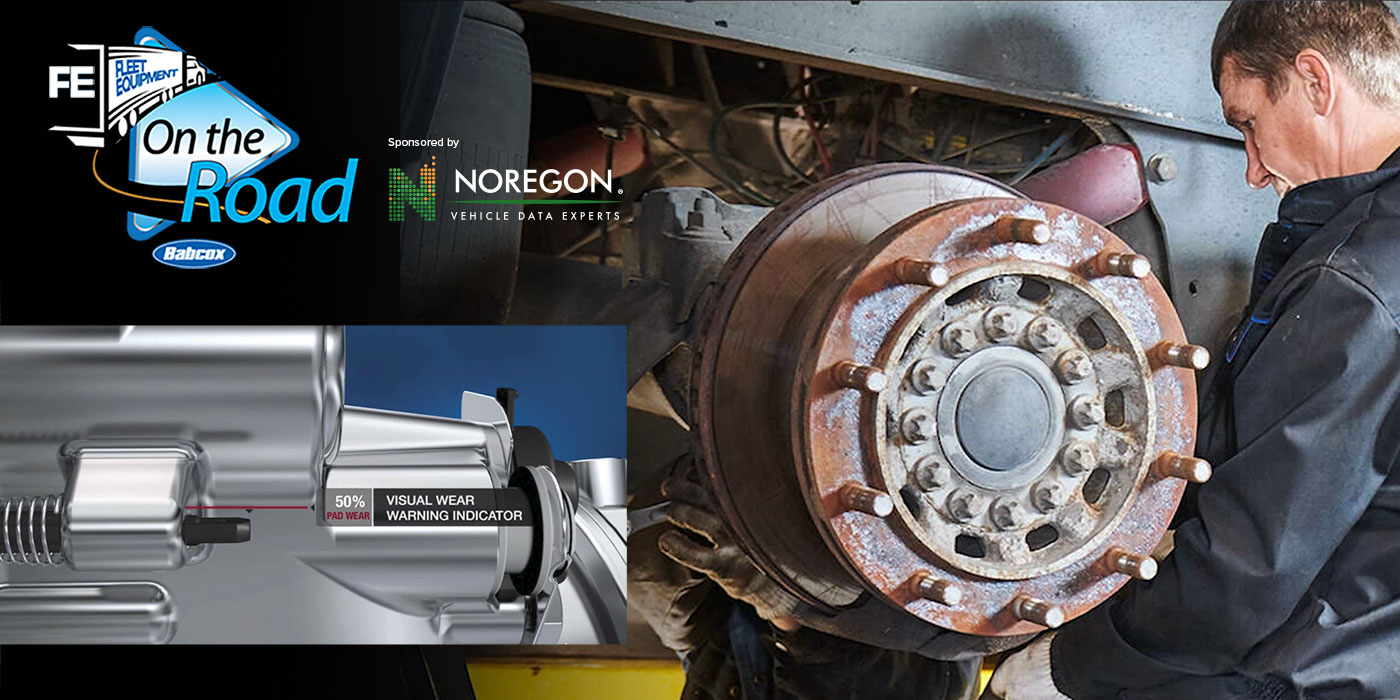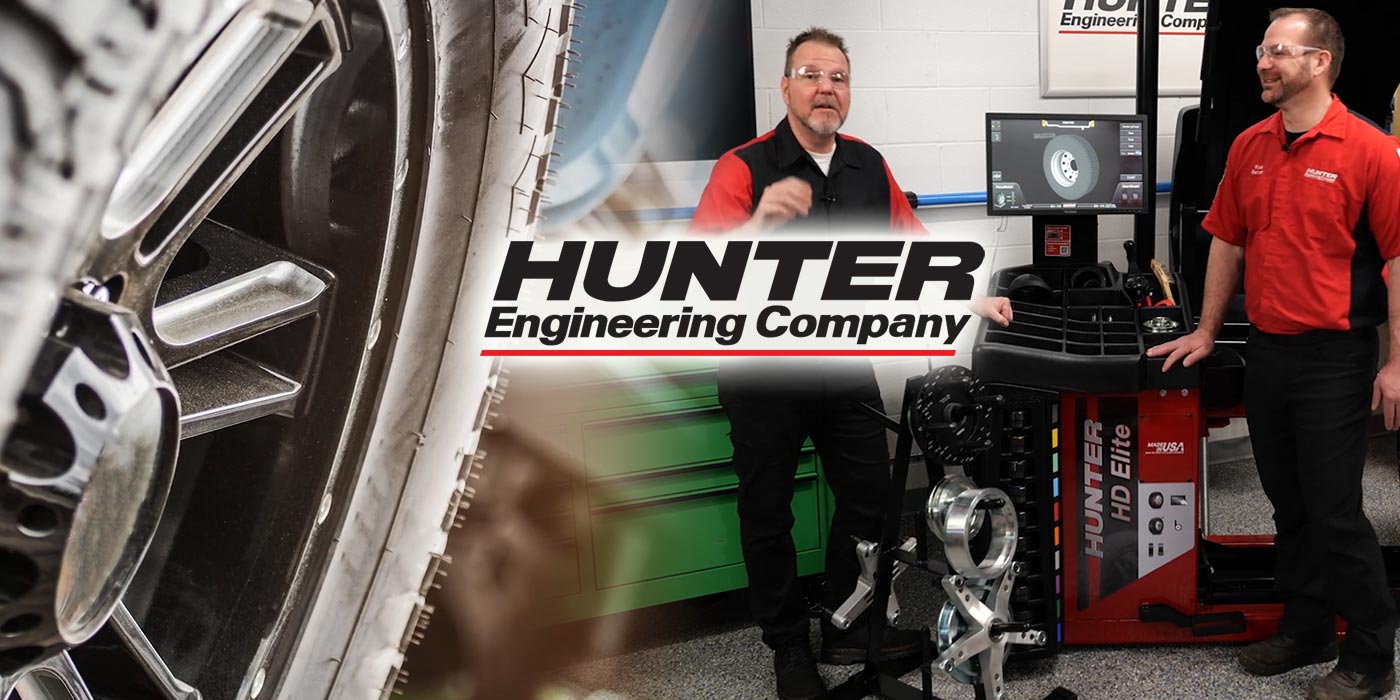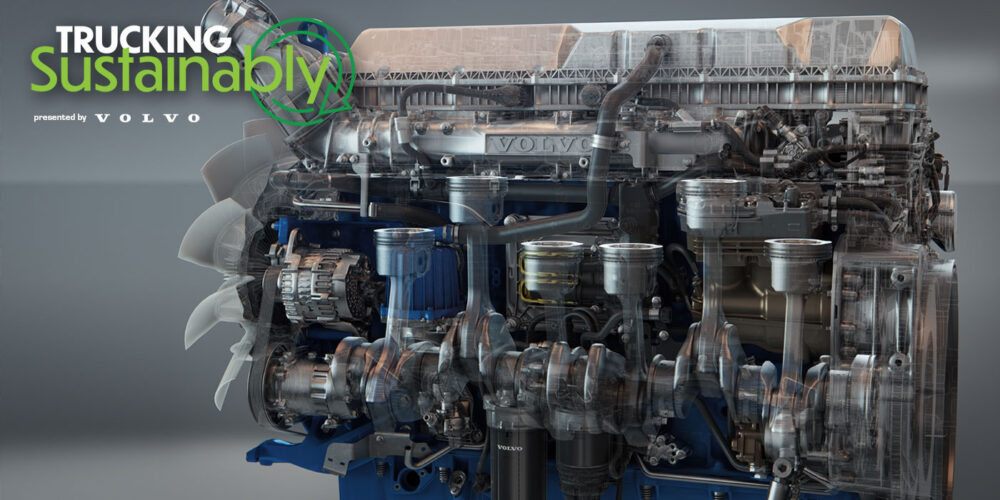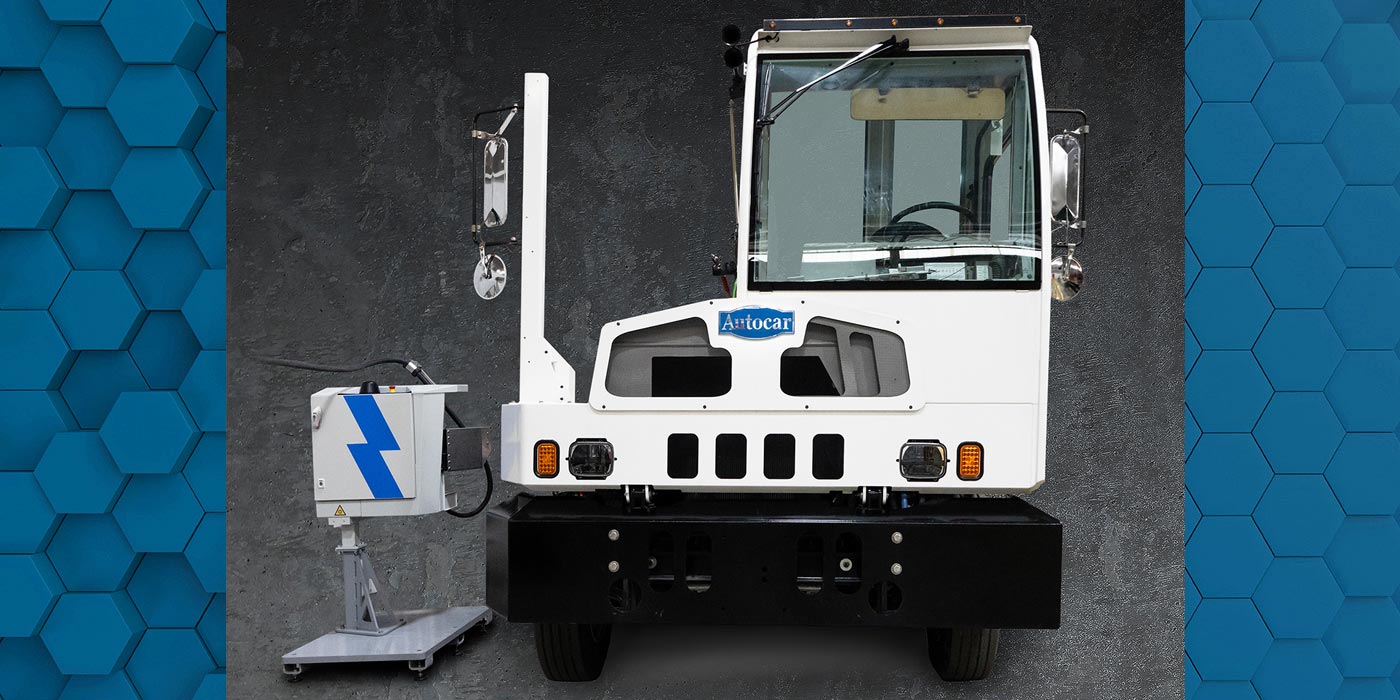At this point, even the most die-hard diesel enthusiasts have to at least give electrified trucks a little side-eye attention.
But while these electric vehicles are perfect for some applications, there’s no need for every fleet to jump in yelling “Yippie-ki-yay” quite yet. Let’s take a look at some of the challenges you’ll need to be prepared for if your fleet is considering investing in electric trucks.
Click here to watch more of FE’s On the Road video series.
Even if you’ve got diesel literally running through your veins, you’ve no doubt given at least a teeny, tiny consideration to electrification on the way home from your emergency blood transfusion.
After all, studies are showing what types of vehicles and applications can make good sense of battery-electric vehicles, at least as the technology stands today. Long-haul trucking with goods moving coast to coast? Probably not the best route for electrification to take on. But a last-mile delivery van where range isn’t quite as big a factor? Maybe a great idea!
…But, maybe not. Even for these fleets, electrification isn’t a given. Collecting accurate data on fuel usage, the daily range a vehicle must cover, and estimating the potential cost savings requires a careful, long-term analysis. And of course, you’re going to have lofty expectations for your EVs, including what you expect their average and max ranges to be on a single charge, and this can vary by outside temperature and even by the driver behind the wheel. Are you prepared to deal with these kinds of variables?
If you said yes, you might be heading down the right path. But even so, that doesn’t mean there aren’t operational challenges to be had during the transition. Yes, maybe you’re running a fleet full of smaller commercial vehicles, where electrification is often simpler and often makes better business sense, but redesigning your fleet’s parking lot or depot to support these vehicles takes a lot of time, effort and money, so make sure you have some to spare.
Say you’ve got that figured out, too? Great! But, of course, you don’t want to depend on your home base being the only place to charge up. You’ll also need to have a detailed understanding of where chargers are available and necessary given the routes your trucks run.
Then, there’s new maintenance for EVs that must be factored in, such as managing battery health. Do you have technicians in-house for service? If so, do you have the right tools? The right shop equipment, like lifts, designed for electric trucks?
And, consider your drivers. They’ve likely spent years filling a tank and need to be trained to begin adopting entirely new habits and processes, from charging in general – remembering to charge – to ensuring it’s done at the right place and right time to avoid peak rates.
Now, you know I’m not saying all this to be a downer, EVs can be a great boon to the right fleet running the right routes. And, there are solutions out there for every electrified operational challenge there is. Fleetequipmentmag.com isn’t a bad place to start to dig for the answers, but if you really get deep and decide this is truly right for your fleet, contact your OEM of choice for a hand. They’re happy to help.

